Advanced Machines and Robotics Are Revolutionizing Industries. The integration of advanced machines and robotics is revolutionizing industries on a global scale. Across sectors such as manufacturing, healthcare, agriculture, and transportation, these state-of-the-art technologies are reshaping conventional practices, enhancing productivity, and fostering innovation. In this blog post, we will delve into the profound influence of advanced machines and robotics on diverse industries, presenting the latest statistics and insights from reliable sources.
Table of Contents
- The Role of Advanced Machines and Robotics in Manufacturing
- Transforming Healthcare with Advanced Machines and Robotics
- Advancements in Agricultural Technology: Robotics at the Forefront
- Revolutionizing Transportation with Advanced Machines and Robotics
- The Future of Advanced Machines and Robotics in Industries
- Conclusion:
The Role of Advanced Machines and Robotics in Manufacturing
Advanced machines and robotics have significantly transformed the manufacturing sector. By leveraging automation, robotics, and artificial intelligence, manufacturers can streamline production processes, enhance productivity, and ensure consistent product quality. According to a report by the International Federation of Robotics, global robot installations reached a record high of 381,000 units in 2019, demonstrating the growing prominence of robotics in manufacturing.
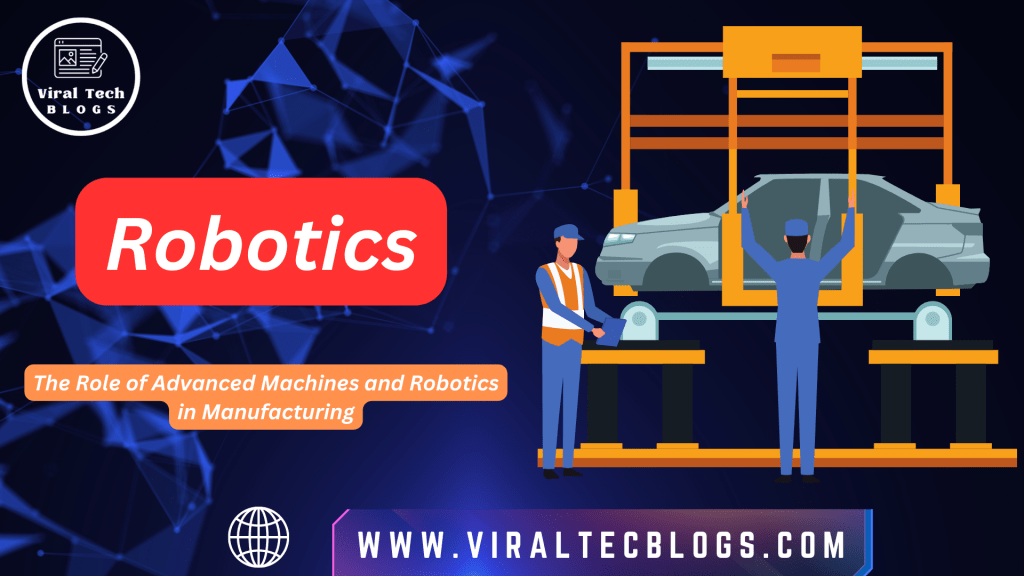
Transforming Healthcare with Advanced Machines and Robotics
In the healthcare industry, the integration of advanced machines and robotics is revolutionizing patient care and medical procedures. Surgical robots, powered by robotics and AI, are enabling minimally invasive surgeries with exceptional precision and reduced recovery times. According to Intuitive Surgical, the company behind the da Vinci Surgical System, over 8.5 million surgical procedures have been performed using their robotic technology. These advancements are improving patient outcomes and reshaping the future of healthcare.
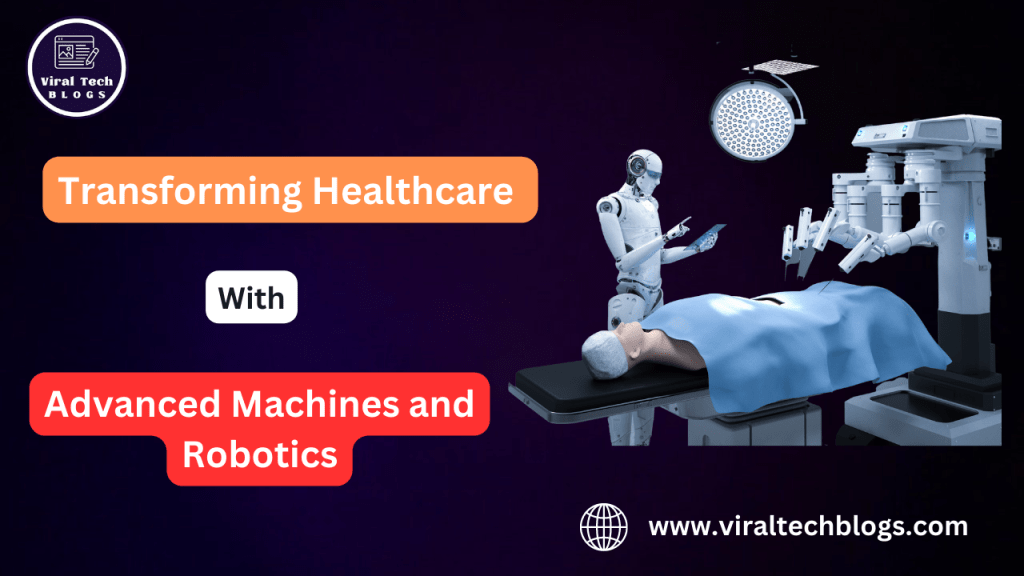
Advancements in Agricultural Technology: Robotics at the Forefront
In the healthcare industry, the integration of advanced machines and robotics is revolutionizing patient care and medical procedures. Surgical robots, powered by robotics and AI, are enabling minimally invasive surgeries with exceptional precision and reduced recovery times. According to Intuitive Surgical, the company behind the da Vinci Surgical System, over 8.5 million surgical procedures have been performed using their robotic technology. These advancements are improving patient outcomes and reshaping the future of healthcare.
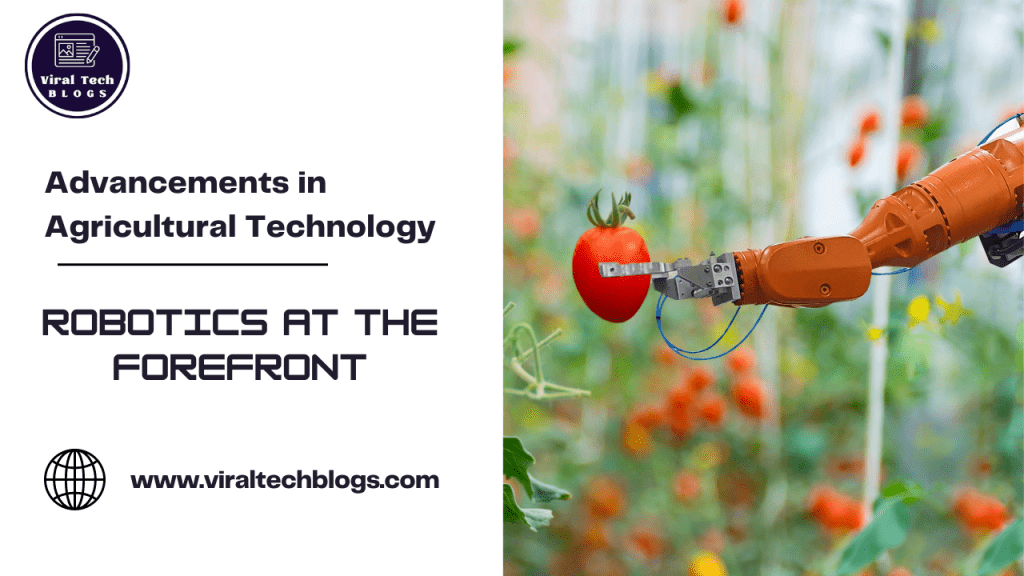
Revolutionizing Transportation with Advanced Machines and Robotics
Transportation is experiencing a significant revolution with advanced machines and robotics at the helm. Self-driving vehicles, leveraging robotics and AI technologies, are poised to disrupt traditional transportation systems, offering benefits such as improved safety, reduced traffic congestion, and enhanced fuel efficiency. According to a report by Allied Market Research, the autonomous vehicle market is expected to reach $556.67 billion by 2026, illustrating the immense potential of advanced machines in revolutionizing transportation.
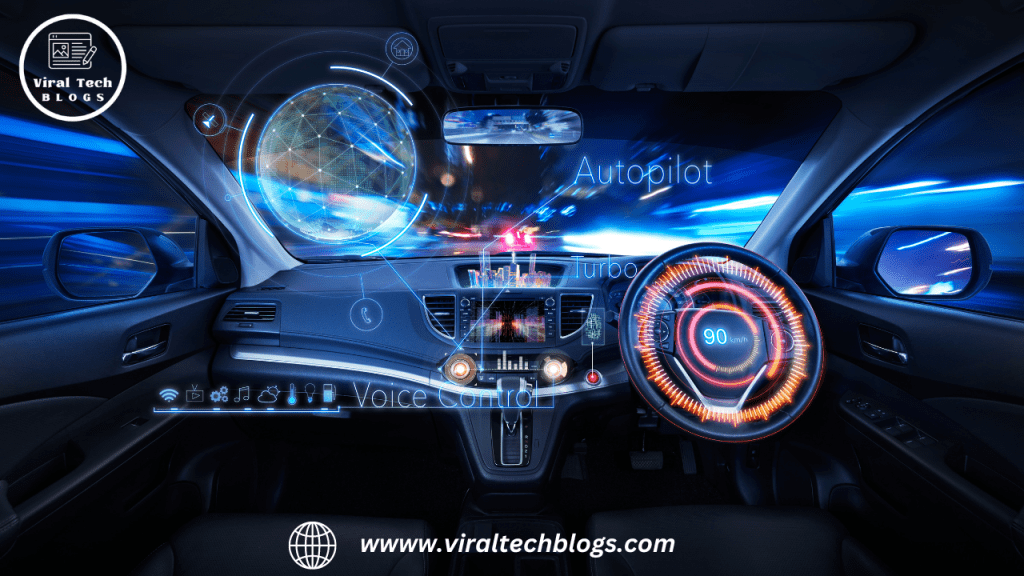
The Future of Advanced Machines and Robotics in Industries
As we look ahead, the future of advanced machines and robotics in industries is incredibly promising. With ongoing advancements in AI, robotics, and automation, these technologies will become more sophisticated, adaptable, and seamlessly integrated into various sectors. Industries can expect increased productivity, enhanced precision, and improved efficiency, all while embracing ethical considerations and addressing potential job displacement concerns. The future of advanced machines and robotics holds tremendous promise for further advancements and transformative impacts across various industries. Let’s explore some exciting possibilities, supported by relevant facts and figures:
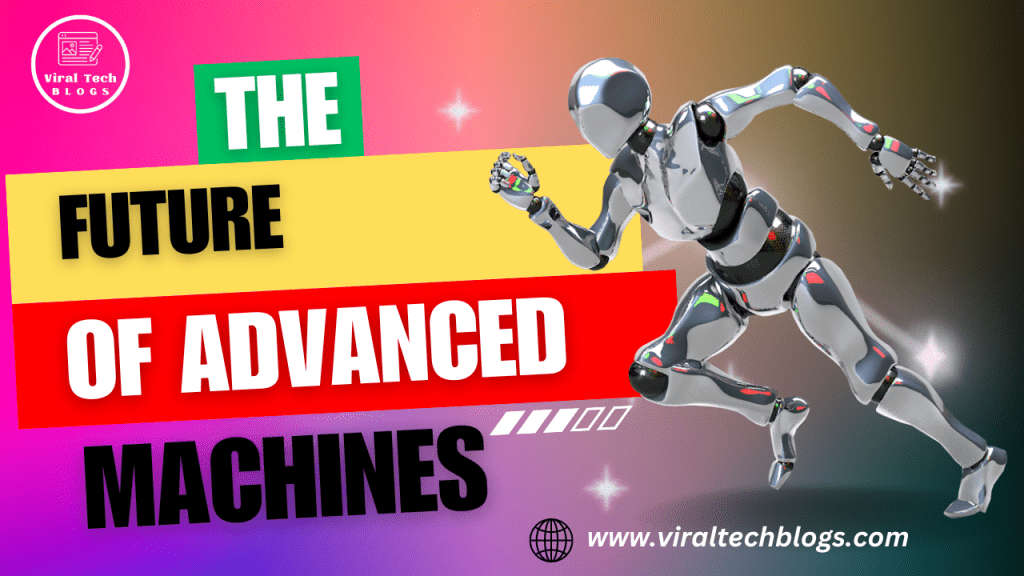
Increased Automation: As technology continues to evolve, industries can anticipate a higher degree of automation. Advanced machines and robotics will handle complex tasks, freeing human workers to focus on strategic and creative endeavors. According to a report by McKinsey, automation technologies could potentially contribute between $1.3 trillion and $2 trillion to the global economy annually by 2030.
Enhanced Collaboration between Humans and Machines: The future will witness the development of advanced machines and robotics that seamlessly collaborate with humans. These machines will not only assist in task execution but also augment human capabilities, working together to achieve superior results. A study by Accenture estimates that AI and robotics could increase labor productivity by up to 40% by 2035.
Advancements in Artificial Intelligence: Artificial intelligence (AI) will play a pivotal role in shaping the future of advanced machines and robotics. AI algorithms will become more sophisticated, enabling machines to learn from their environments, make intelligent decisions, and continuously improve performance. According to Statista, the global AI market is expected to reach $190 billion by 2025.
Robotics in Personal and Domestic Settings: While robotics has made significant strides in industrial and professional domains, the future will likely bring robots into personal and domestic environments. These robots could assist with household chores, provide companionship for the elderly, or support individuals with disabilities, significantly enhancing quality of life. The International Federation of Robotics predicts that domestic robot sales will reach 31 million units by 2022.
Continued Integration in Healthcare: The healthcare industry will witness further integration of advanced machines and robotics. Surgical robots will become increasingly precise, enabling minimally invasive procedures with improved outcomes. The global surgical robotics market is projected to reach $11.8 billion by 2025, as estimated by Grand View Research. Robotics will also play a role in diagnostics, patient monitoring, and drug delivery, enhancing the overall quality and accessibility of healthcare services.
Advancements in Mobility and Transportation: The future of transportation holds exciting prospects with advancements in autonomous vehicles, drones, and intelligent transportation systems. Self-driving cars and trucks will become more prevalent, revolutionizing logistics, transportation services, and urban planning. According to a report by Allied Market Research, the autonomous vehicle market is expected to reach $556.67 billion by 2026. Drones will transform delivery services, enabling faster and more efficient distribution of goods.
Robotics in Hazardous Environments: Advanced machines and robotics will continue to find applications in hazardous environments, such as disaster zones, nuclear facilities, or deep-sea exploration. These machines can perform tasks that are perilous for humans, improving safety and efficiency under challenging conditions. For instance, the use of robotics in nuclear decommissioning is expected to reach a market value of $2.5 billion by 2027, as estimated by Global Market Insights.
Ethical and Regulatory Considerations: As the adoption of advanced machines and robotics increases, it becomes crucial to address ethical and regulatory aspects. Discussions around job displacement, privacy, safety, and accountability will shape the responsible development and deployment of these technologies, ensuring their integration into society benefits all. The future of advanced machines and robotics is filled with thrilling possibilities, supported by real-world facts and figures. Ongoing research and technological advancements will reshape industries, enhance human capabilities, and drive innovation in ways that we are yet to fully comprehend.
Conclusion:
The integration of advanced machines and robotics is revolutionizing industries, propelling them into a future of unparalleled possibilities. From manufacturing and healthcare to agriculture and transportation, these technologies are driving efficiency, productivity, and innovation. By embracing the potential of advanced machines and robotics, industries can unlock new horizons, shape a sustainable future, and redefine what’s possible in the ever-evolving landscape of modern industries.

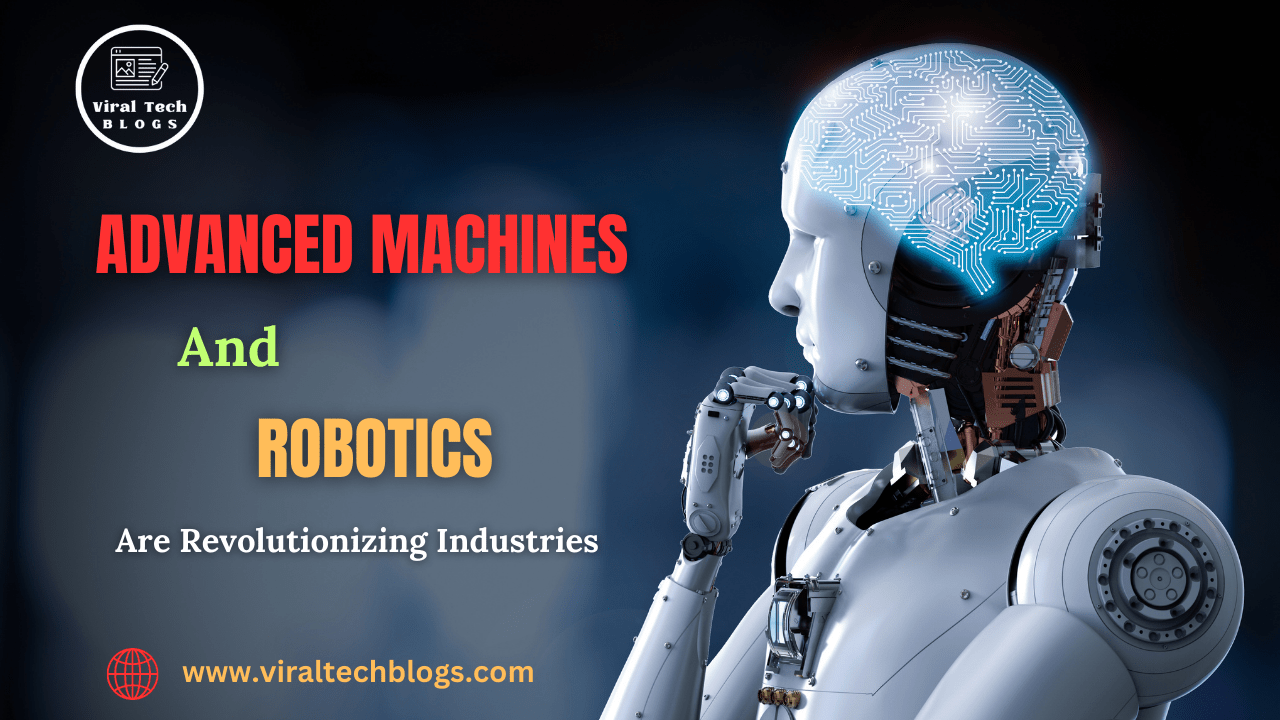


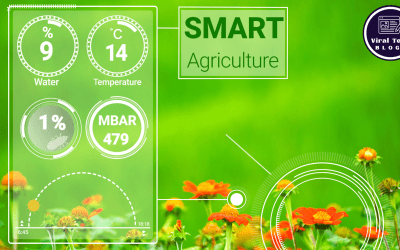
0 Comments